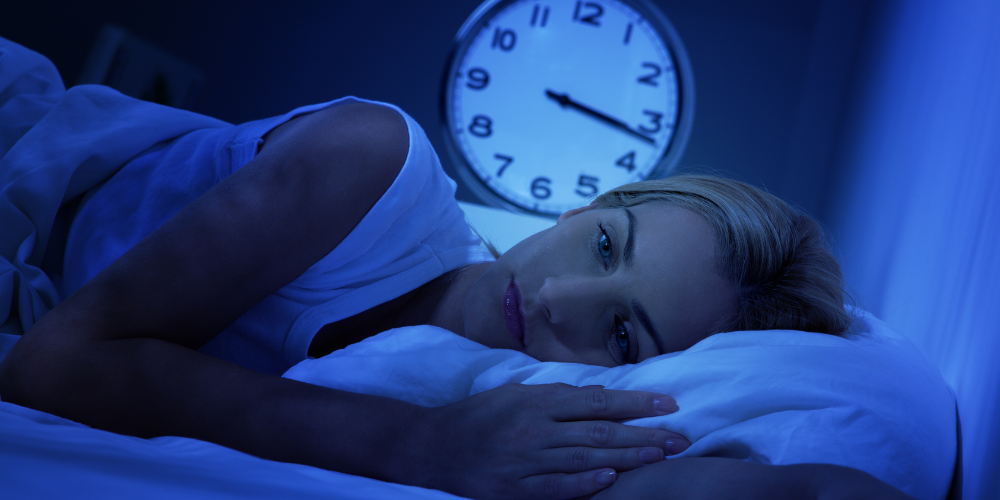Acupuncture and Herbs for Insomnia
“Don’t curse the darkness, light a candle” - Chinese Proverb
The digital stimulation we experience these days is overwhelming; This past year was absolutely no exception. In 2020, virtual meetings and classes took over our homes, near constant attention to news updates became a necessary evil, and online social media became the primary means for community. Most of us are always digitally connected, therefore stimulated by artificial lighting. It’s no wonder why nearly 60 million Americans experience insomnia and other sleep-related problems daily (and this statistic was taken before the Covid-19 global crisis). With these numbers, understand that if you are suffering from insomnia or unable to get a good night’s rest, you are absolutely not alone. Many people turn to over-the-counter (OTC) sleeping aids and even stronger prescription medication without first considering a more natural alternative. If you are one of those people, consider this: Sleeping pills including Benadryl, Aleve PM (aka Diphenhydramine), and Unisom (aka Doxylamine succinate) all contain antihistamines. Unfortunately and among other adverse reactions to antihistamines, our bodies are able to develop a tolerance to the consequent sedative effects quite quickly.
Traditional Chinese Medicine (or TCM) is a centuries-old practice that has proven to be a safe, natural, and effective treatment for insomnia.
Consider herbs for insomnia relief.
Instead of depending on sleeping pills, consider Chinese herbs. These herbs can help with insomnia and increase your quality of sleep. Many of these herbs can be easily found in your local grocery store, or better yet prescribed by a TCM Practitioner.
Chamomile: Chamomile tea is a great choice for anyone before bedtime. Chamomile is a gentle herb with calming effects and has shown in numerous studies to promote relaxation. Chamomile has a light flavor making it easy to combine with other nighttime herbs.
Chrysanthemum: Chrysanthemum tea is very popular in East and Southeast Asia, and has been for centuries. Both for its flavor and medicinal effects. Chrysanthemum tea is known to help cleanse the liver. When the liver is not working properly, it can cause insomnia, irritability, and dizziness. This tea is often combined with honeysuckle and monk fruit.
Ashwagandha: an Ayurvedic herb, is known for its potential to reduce stress and anxiety, improve sleep quality, and enhance physical performance. It may also offer benefits for fertility, cognitive function, and even some cancer risks.
Melatonin: Melatonin is a hormone produced in the brain as a response to darkness. Melatonin is heavily involved in the management of the circadian rhythms or the “sleep-wake” cycle. Melatonin supplements may help you fall asleep faster and improve the quality of sleep.
Valerian Root: Valerian is often combined with hops and lemon balm and can be a very effective treatment for insomnia; however more research is needed as it has shown to interact with some medications.
A TCM Prescription: There are a variety of reasons I recommend a full in-person diagnostic evaluation to address your health concerns. One of the benefits to the practice of Traditional Chinese Medicine is the adaptability of therapies including herbal prescriptions. Herbal remedies are often prescribed based on the individual’s patterns of disharmony.
If you or someone you know is struggling with insomnia, don’t hesitate to contact me. Traditional medicines offer a plethora of safe, natural and effective therapies to address the root cause(s) of your sleepless nights.
Herbs are medicinal and some may carry unwanted side-effects. Please be proactive in your health, always seek professional advice when adding any kind of supplements to your daily routine.


